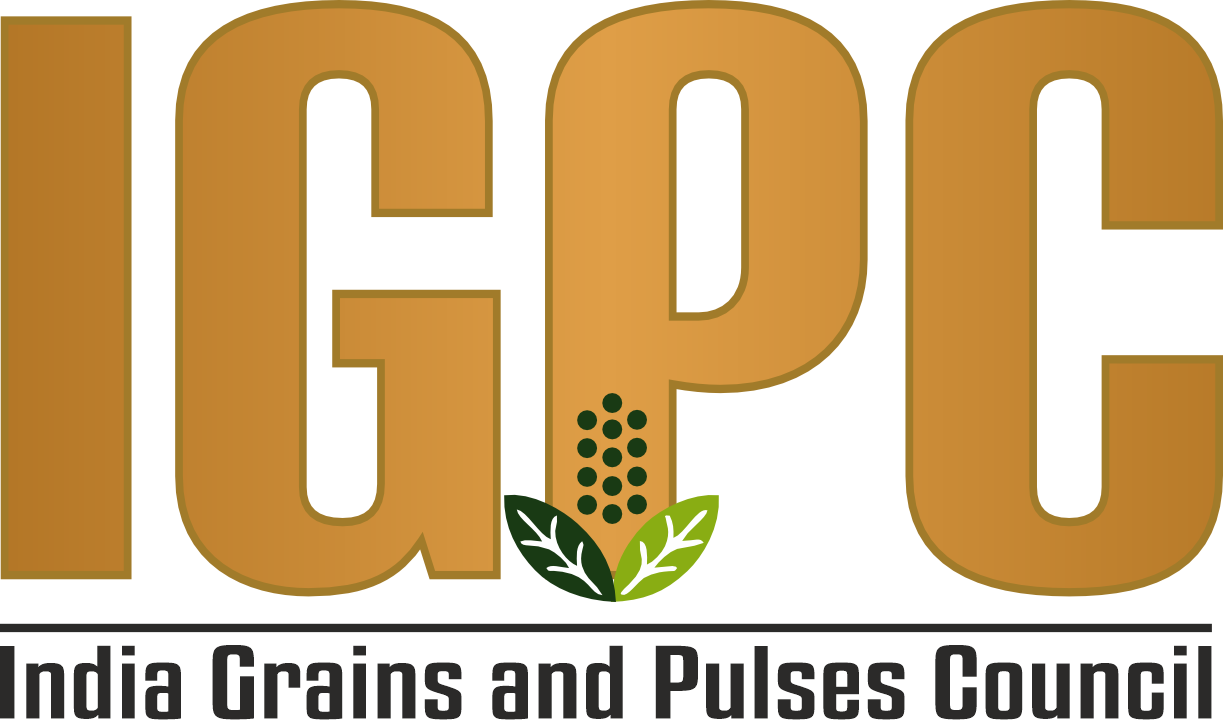Background
Grains and pulses are cornerstone crops that play a crucial role in ensuring global food security and supporting agricultural livelihoods. Grains such as wheat, rice, and maize are staple foods for a significant portion of the world's population, providing essential nutrients and energy. They form the basis of the diet in many developing countries, where food security is a critical issue. Pulses, including lentils, beans, and chickpeas, complement grains by offering high levels of protein, fibre, and essential vitamins and minerals. The symbiotic relationship between grains and pulses in agricultural systems not only enhances soil fertility through nitrogen fixation but also ensures a balanced diet, reducing the risk of malnutrition.
The production of grains and pulses is pivotal to the livelihoods of millions of smallholder farmers worldwide. These crops are often grown in regions that are highly dependent on agriculture as a primary source of income. By cultivating grains and pulses, farmers can achieve food self-sufficiency and generate income through local and international markets. Additionally, the resilience of pulses to harsh climatic conditions and their lower water requirements makes them suitable for cultivation in arid and semi-arid regions, thereby supporting sustainable agricultural practices. The economic stability provided by grain and pulse farming contributes to rural development, poverty alleviation, and the overall improvement of living standards in agricultural communities.
Global production of grains and pulses is substantial and continues to grow to meet the demands of an increasing population. According to recent data, global grain production reached approximately 2.3 billion tonnes in 2023, with maize, rice, and wheat being the top contributors. Similarly, the global production of pulses has been on the rise, with an estimated production of 102 million tonnes in the same year. Major producers of grains include countries like China, the United States, Russia, Australia, and India, while significant pulse producers are India, Australia, Canada, Russia, and Myanmar. The increasing production capacity reflects advancements in agricultural technologies, improved crop varieties, and better farming practices, all of which contribute to enhancing global food security.
The global trade of grains and pulses is a critical aspect of ensuring food availability across different regions. In 2023, international trade in grains was valued at over 400 million tons, with wheat, maize, and rice being the most traded commodities. Pulse trade, although smaller in comparison, still represents a significant market, with a trade volume of approximately 25 million tons. Key exporters of grains include the United States, India, Russia, and Argentina, while major pulse exporters are Canada, Australia, Russia, and Myanmar. Trade policies, transportation infrastructure, and international agreements play vital roles in the smooth functioning of these markets, ensuring that countries with surplus production can supply those with deficits, thus stabilizing global food prices and availability.
The launch of the Global Pulses and Grains Council (GGPC) by Indian Chamber of Food and Agriculture (ICFA) signifies a strategic effort to address these challenges, capitalize on emerging opportunities, and drive the growth and prosperity of the pulses and grains sector globally. Through research, policy advocacy, market development, trade facilitation, and stakeholder engagement, the council aims to foster a conducive environment for sustainable trade and contribute to the global food security and nutrition goals.

